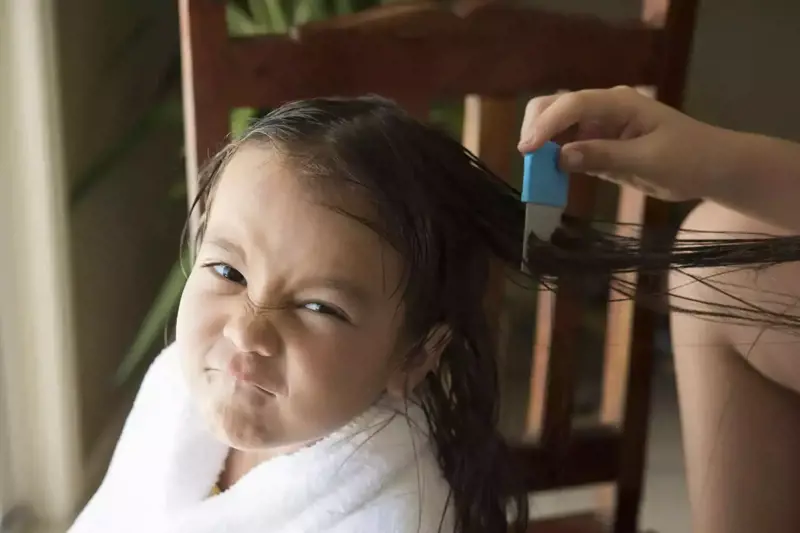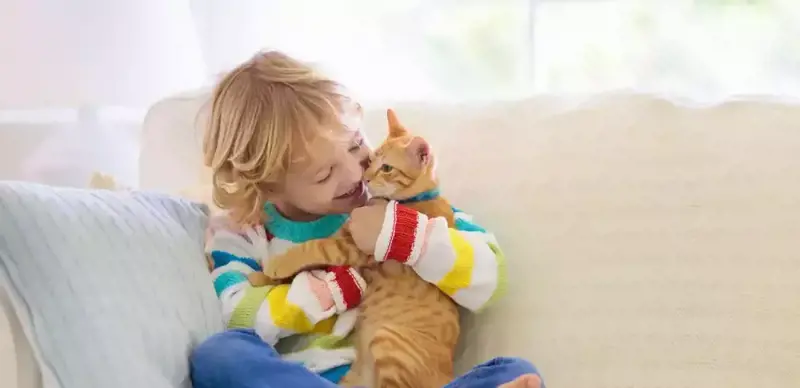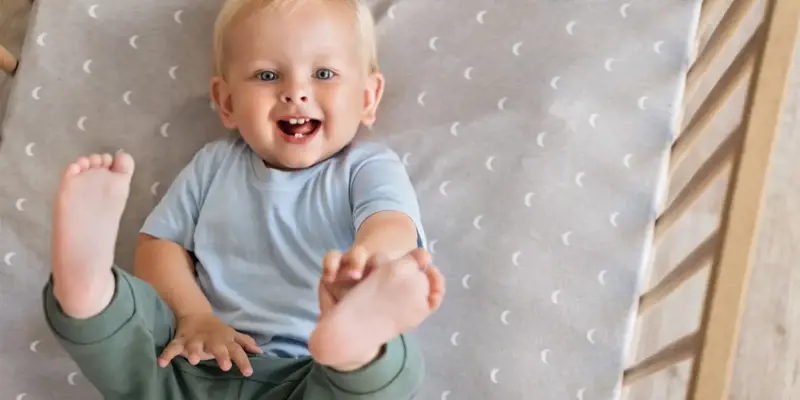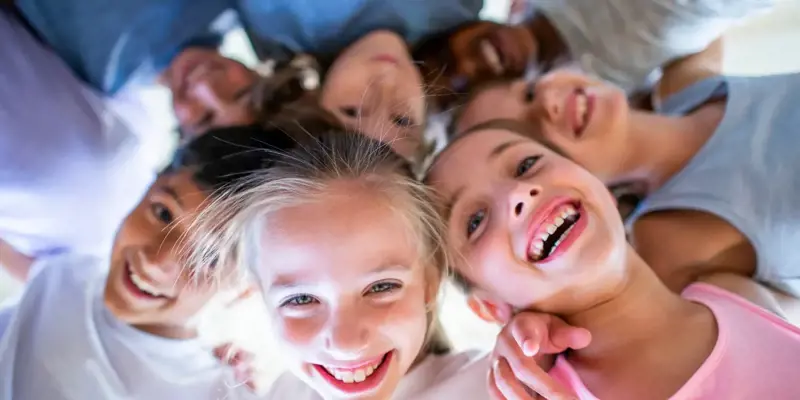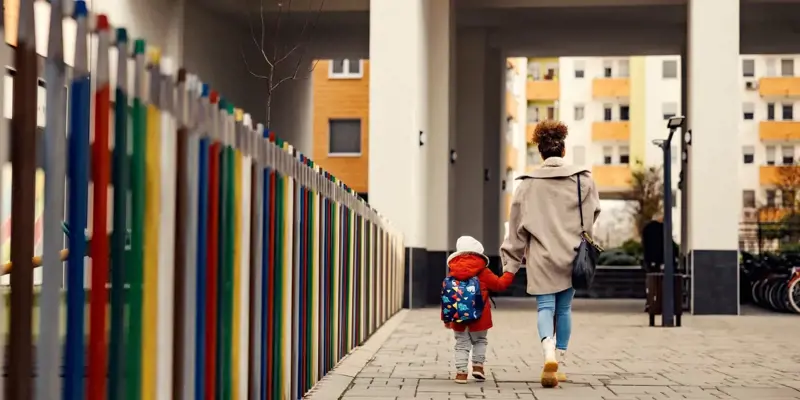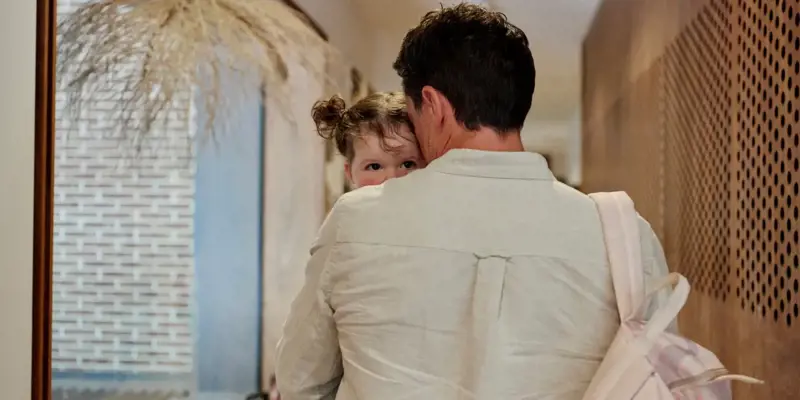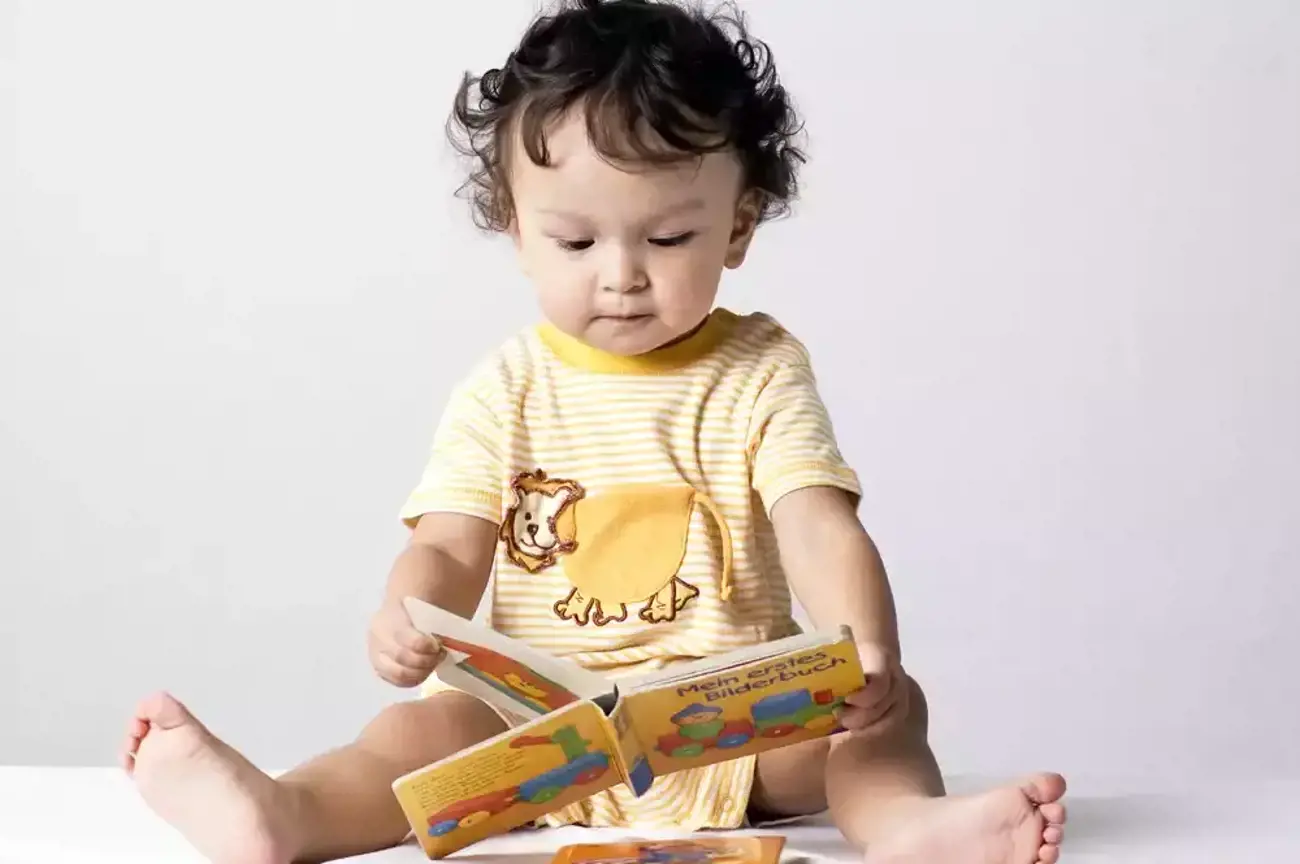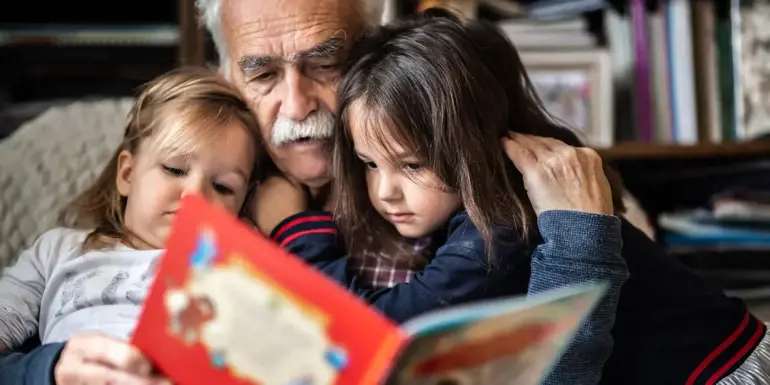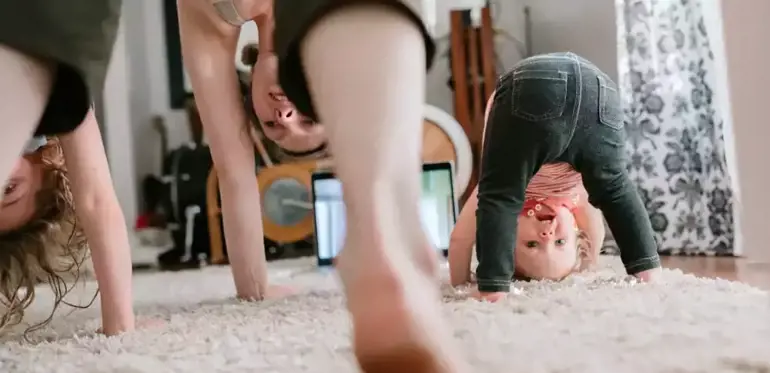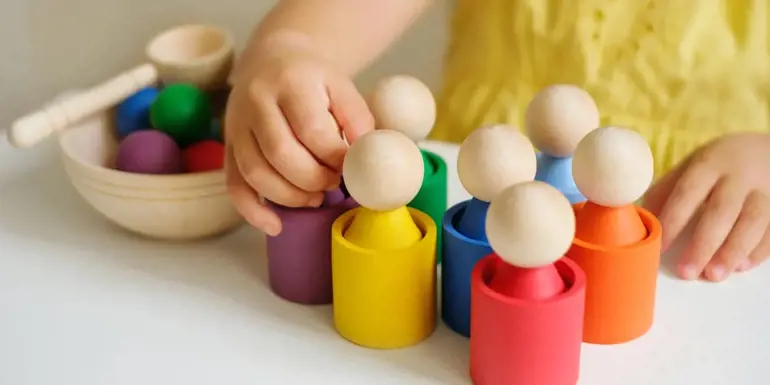Did you know that reading a book teaches children perspective-taking? Or that a game of hide-and-seek teaches them critical thinking? Well, when it comes to life skills, it is possible to combine important teachings with fun and games.
Here we look at the ways you can develop your child's life skills through day-to-day activities. First, though, let's see what life skills are essential for kids to learn.
According to Mind in the Making author, Ellen Galinsky there are seven skills necessary for success throughout life, and these can be nurtured from a young age.
What life skills should parents teach children?
Sometimes called 'learning to learn' skills, it's important that kids develop:
- Focus and self-control
- Perspective-taking
- Communication
- Making connections
- Critical thinking
- Taking on challenges
- Self-directed, engaged learning
What activities can help kids learn life skills?
Children learn life skills through their daily interactions with people, places and things. And thanks to Bright Horizons, here are some great ways to incorporate life skill activities into the daily routine.
1. Focus and self-control
Although grown-ups might complain about 'the daily grind', children thrive on routines, schedules and habits, which give them a sense of security and also teach kids focus and self-control.
To nurture these life skills, get organised. Make sure your child knows where to put their shoes and other belongings, discuss what they can expect each day and set aside time for quiet activities. Books and puzzles help your child increase their focus.
2. Perspective-taking
Books are also an excellent way to help your child think about someone else's point of view. As you read, talk about what characters are feeling and what motivates them. For example, "I wonder why Freddie Frog didn't want to share his toy with Tammy Tadpole?"
3. Communication
Kids need to learn how to 'read' social cues, listen carefully, understand and communicate with other people.
To help your child learn these skills, spend time talking with them each day, listening and responding without distractions. Children also 'need high-touch personal interactions every day to build healthy social-emotional skills' so snuggle up and have a conversation.
4. Making connections
People make sense of the world by finding connections and patterns between different things. So give your toddler things to sort (like toys or socks) and let your preschooler choose their clothing to match the weather (for example, making a connection between gumboots and rain). You can also point out abstract connections in life or books, such as, "This story reminds me of when we flew a kite in the park."
5. Critical thinking
Open-ended play is a great way to build your child's critical thinking skills. Playing (alone and with friends) teaches kids how to formulate ideas, try them out, take risks, make mistakes and find solutions.
So, encourage your child to role-play, build structures, play board games and play physical outside games, like tag and hide-and-seek.
6. Taking on challenges
Galinsky sees resilience as one of the most important traits we can develop in life. In other words, the ability to embrace challenges, recover from failure and keep trying.
As a parent, the trick is to create an environment that's not too limiting but feels safe. Encourage your kid to try new things, allow a reasonable amount of risk (like riding a bike) and offer new challenges once they're ready (such as learning to tie shoelaces).
It's also recommended that you focus on effort more than achievement. For example, "Learning to tie a bow was really hard, but you kept trying. Well done!"
7. Self-directed, engaged learning
A love of learning will take your child far, so encourage lots of reading, play and open-ended exploration. Limit TV, and instead, visit the library together, stock up on craft supplies, play games and allow for some messy activities.
All in all, the life skills you nurture at home will help your child navigate the big, wide world. So have some fun and here’s to a happy, fulfilled and successful life!









